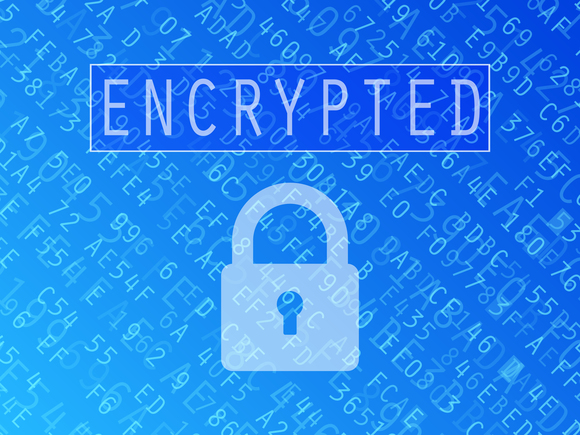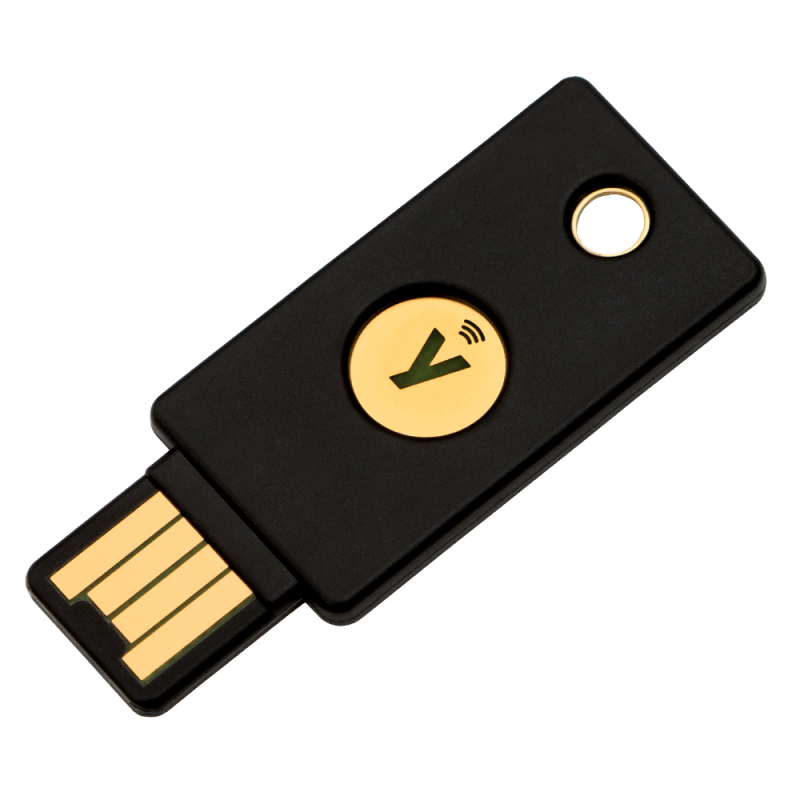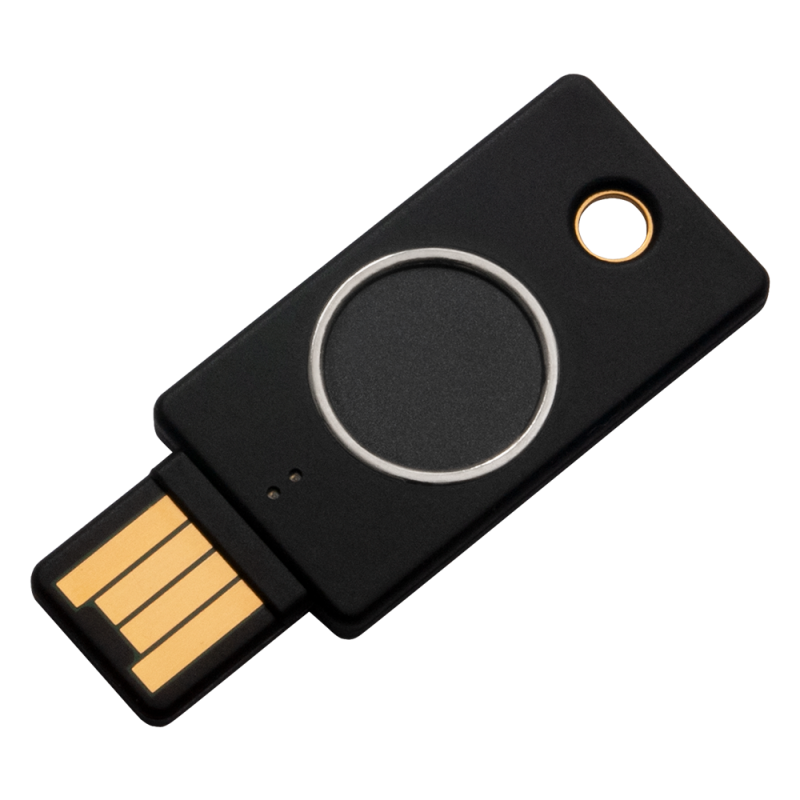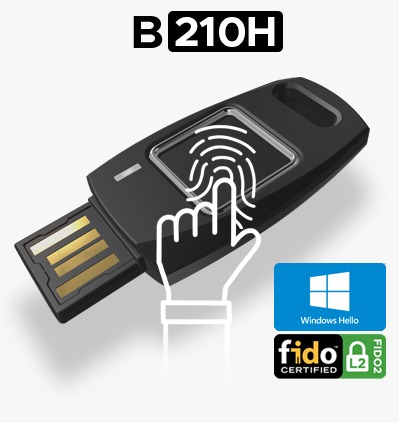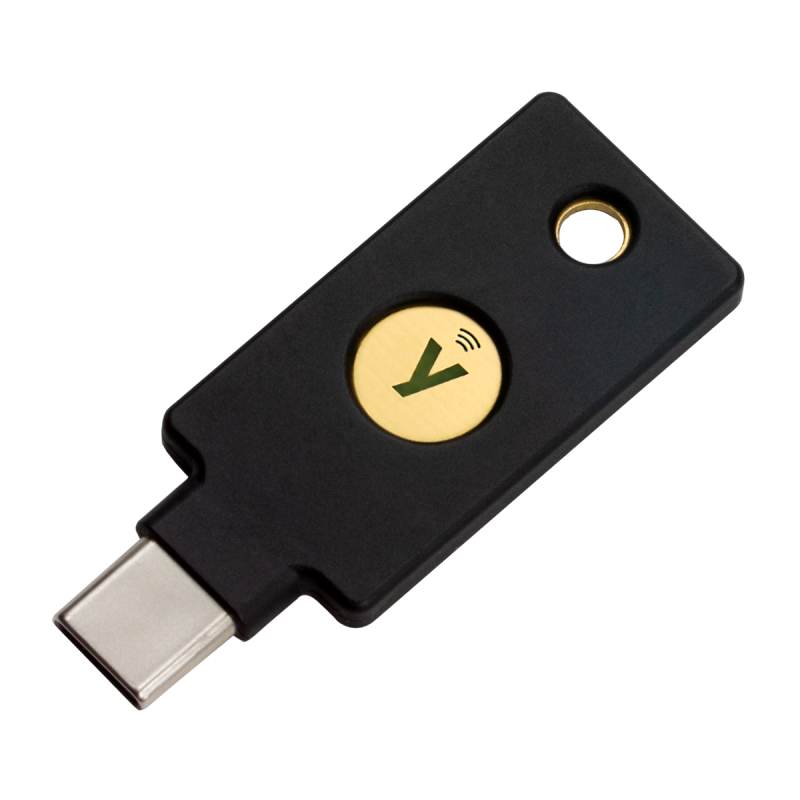What is Encryption?
Encryption is a means to encode data. The purpose of encryption is concealment, or more specifically, security and confidentiality. Things like digital signatures are often confused with encryption, but they are not concerned with concealment, rather they deal with integrity and authenticity, or more simply, verifying a sender and that the contents of a message have not been changed.
E-mail sent without encryption is like a postcard; others can see the contents if they use special tools to pry. With the use of encryption, only the recipient of the message can open and view the contents of the e-mail. It’s like putting it in an envelope and sending it by registered mail. Data other than e-mail can also be stored encrypted so that others cannot easily see its contents.
Why should I care about Encryption?
Typically, encryption is not needed for standard, day-to-day activities. In order to determine if you have digital data that needs to be encrypted, here are some basic guidelines that can be used to determine if encryption is worth implementing. If you answer yes to any of these basic questions, then you should to consider using some form of encryption.
- Is my data sensitive? If so, how? If your data contains information that is sensitive only to you, and its disclosure does not impact other people’s privacy, then is it worth it to encrypt data? Conversely, if disclosure would impact other people’s privacy, then you should definitely look at encryption. (Personal information can be defined as an individual’s name in combination with the individual’s social security number; driver’s license or campus-wide identification number; or account number or creditor debit card with security codes or passwords.)
- Are there already safeguards in place to protect my data? If your data is not portable, nor publicly accessible, then physical compromise is likely the only real threat. Is this threat enough to warrant encryption of data? If your data is mobile (i.e. on a laptop), then physical theft or compromise is a very real concern.
- Are there policies or laws currently in place governing the data you have (FERPA, HIPAA, BPCC regulations)? If so, what are those requirements and have you made due diligence in meeting them?
How can I encrypt data?
There are so many different methods, standards, and algorithms used to encrypt data that their discussion falls well outside of this document. Instead, a couple of very basic methods should cover most needs.
- E-mail – The most common method for encrypting e-mail is by using software like the GNU Privacy Guard (GnuPG, available at http://www.gnupg.org. GnuPG is free and works on most operating systems and hardware platforms. Setup and use of the program are very well-documented on the GnuPG website.
- Hard Drive – Please remember that it is never a good idea to encrypt your entire hard drive. Rather, pick and choose which folders should be encrypted. Also be aware that if you cannot unlock the files due to a hard drive failure or other issue, this data may be lost. Caution: encryption uses keys, which, like passwords, can be lost or forgotten.
- PC – All modern versions of Windows support file encryption natively. You can pick and choose what parts of your hard drive to encrypt. A good step by step guide can be found at http://windows.microsoft.com/en-us/windows/encrypt-decrypt-folder-file.

- MAC – Mac OS X offers native file encryption as well through the use of FileVault. A good step by step guide can be found athttp://www.apple.com/macosx/features/filevault.

- PC – All modern versions of Windows support file encryption natively. You can pick and choose what parts of your hard drive to encrypt. A good step by step guide can be found at http://windows.microsoft.com/en-us/windows/encrypt-decrypt-folder-file.
- Mobile Encryption
- Laptop – Only choose laptops with hardware and software bundled for data encryption.
- Phone/PDA – Downloading e-mail that has sensitive data is a concern.
- Flash Drives and Recordable Media (CDs, DVDs, diskettes)- Some flash drives come with their own encryption software as an option. If not, TrueCrypt can be used to create an encryption folder on the drive or recordable media. You will need to install TrueCrypt on your home or personal computer in order to access the encrypted files. Better yet, use Vaultum’s hardware encrypted storage devices.
Source: http://bpcc.edu/computerservices/help/encryption/index.html

